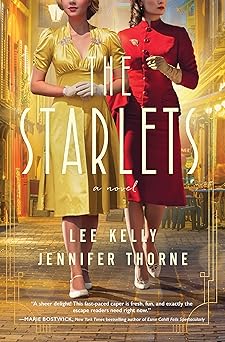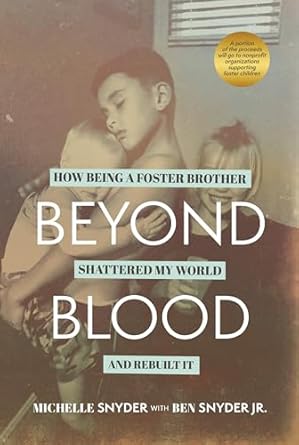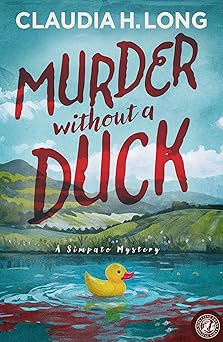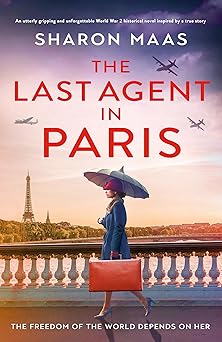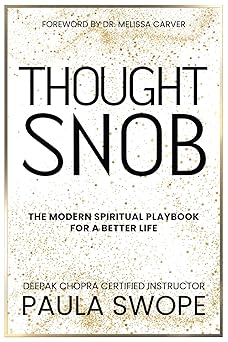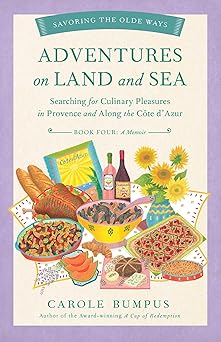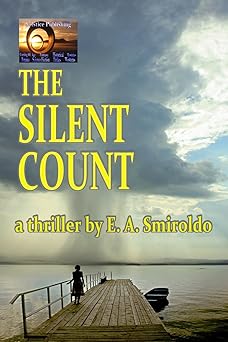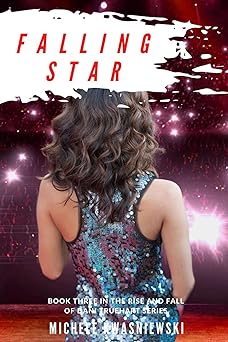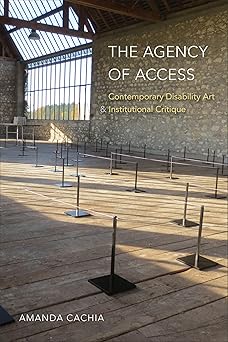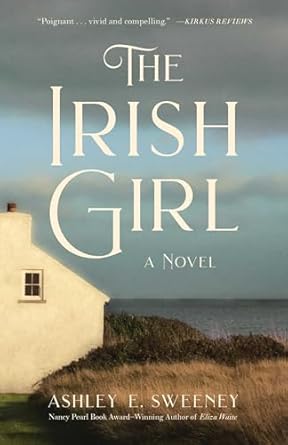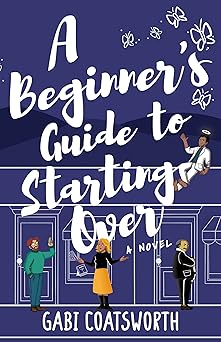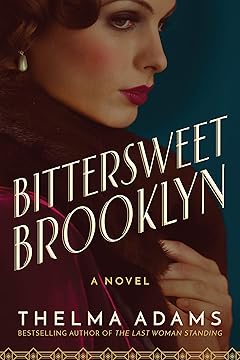Nature and Writing: Water
 I’ve always been inspired by water—be it a creek, a river, or the ocean. It’s probably no surprise then that all three of my novels have a connection to water. When I write a book, sometimes the words trickle in like an arid stream; other times, the words gush forth like a raging river or powerful waves during a storm.
I’ve always been inspired by water—be it a creek, a river, or the ocean. It’s probably no surprise then that all three of my novels have a connection to water. When I write a book, sometimes the words trickle in like an arid stream; other times, the words gush forth like a raging river or powerful waves during a storm.
When I was a young girl, the ocean was a place where I went to escape and to have fun. It’s where my father taught me to bodysurf and where I later learned to surf. Today, it’s still a playground and a place of refuge for me, but it’s also one of the locations where I go to write. After a day of writing at the computer, I sometimes venture to the beach to edit whatever I’ve written and to think out new ideas for my work-in-progress.
When I first started working on my debut novel in the late 1990s, I felt inspired by the River Thames. At the time, I was on a summer study abroad trip in the UK working on my MFA in fiction. Even after only a couple days of being in London, I felt drawn to the Thames and would go for runs and long walks next to the river. At the time, I knew I needed to be by the water because I missed the ocean back home.
As my novel formulated in my mind, I knew that a few scenes had to take place next to this river. Something about the steady current of the Thames compelled me to create that same fluid rhythm in the way my sentences were constructed and in the way my characters strolled through London or spoke with one another. By the time I had a finished and revised draft of Just Beyond the Shining River, I realized just how inspired I was by the Thames as I wrote the book.
For my second novel, the ocean helped to create the main storyline—a story about a San Diego lifeguard named Sam who returns to her hometown in Mississippi where she is forced to face a horrid memory from her childhood. The opening scene of Saving Sam was originally a personal essay I wrote about my experience being in the ocean during one of the roughest red flag days I’d ever experienced. Eight-foot waves towered over me as panic traveled to the pit of my stomach.
With no lifeguard on duty, I had moments when I wasn’t sure I’d make it back to shore. Though my book is not told in first person, I used that essay to turn it into the opening scene of my novel when Sam saves swimmers from the rough surf. The details of the tumultuous surf end up being reflective of the memories from the horrific childhood event that Sam has yet to work through.
 Since Sam is a lifeguard and because of my own connection to the ocean, there are several significant scenes in the book that are directly inspired by my own experiences in and near the ocean. For Sam, the ocean is her main lifeforce, so being away from it is difficult for her. Far from the ocean, she feels uncentered and lost. Interestingly enough, I decided to have some of the scenes in Mississippi take place next to a creek. Like me when I travel to London or any other major city, I tend to gravitate toward bodies of water—be it a stream, a lake, or even a small pond—because it reminds me a bit of being next to the Pacific Ocean where I live in Southern California.
Since Sam is a lifeguard and because of my own connection to the ocean, there are several significant scenes in the book that are directly inspired by my own experiences in and near the ocean. For Sam, the ocean is her main lifeforce, so being away from it is difficult for her. Far from the ocean, she feels uncentered and lost. Interestingly enough, I decided to have some of the scenes in Mississippi take place next to a creek. Like me when I travel to London or any other major city, I tend to gravitate toward bodies of water—be it a stream, a lake, or even a small pond—because it reminds me a bit of being next to the Pacific Ocean where I live in Southern California.
I’m currently working on another ocean-inspired book—a story about a former teen surfing champ who gets diagnosed with a terminal disease years later when she’s an adult. Maddie’s connection to the ocean never leaves her, but fears keep her from venturing back into the water. My typical pattern when writing a chapter in this book is to work on it for quite a while at the computer, but then there comes a time when I need to print it out, drive to a nearby beach, and sit there editing and tweaking the details. Something about the sound of the waves crashing on shore gets me to focus on the way my words look and sound.
Over the years, I’ve realized that the ocean must be respected, yet I’ve also noticed how the ocean varies week-to-week and season-to-season, which reflects my own writing process. On calm days, the ocean looks flat and glassy, yet a week later, the ocean can be rough and dangerous. Similar to how I write, there are some days when the words and sentences feel clear and concise, whereas other days the writing feels sluggish or frenzied. As any writer knows, even a jumbled mess of words can be edited for conciseness and overall flow, but no matter what I’m writing, I know the beach will continue to be a place of inspiration for me.
—
 Lynnette Beers is the author of the novels Just Beyond the Shining River (published in 2017) and Saving Sam (due to be released in May). In addition to writing fiction, she also writes short memoir pieces and academic papers.
Lynnette Beers is the author of the novels Just Beyond the Shining River (published in 2017) and Saving Sam (due to be released in May). In addition to writing fiction, she also writes short memoir pieces and academic papers.
As a member of the International Virginia Woolf Society, she has presented papers in the U.S. and the U.K. She’s a professor of creative writing and British literature in Orange County, California. She lives in a small beach town where she enjoys ocean swimming and mountain biking. She’s completed a third novel, which will be out within the next year. See more about Lynnette at www.lynnettebeers.com or connect with her at Twitter: @BeersLynnette.
Category: Contemporary Women Writers, How To and Tips











